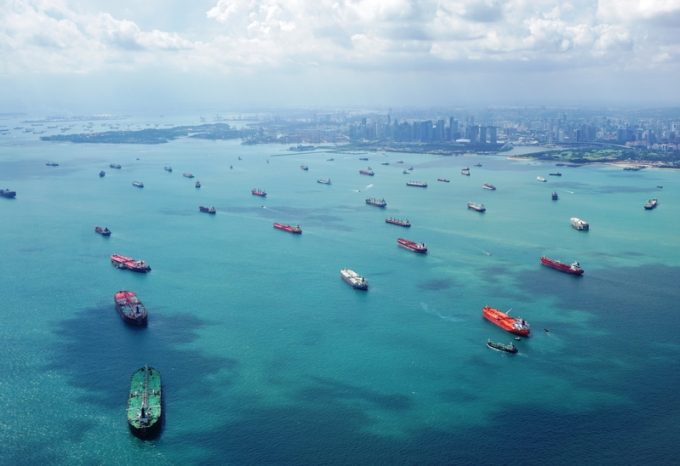Global trade volumes – strategy? WTF
Silver lining sought

Ocean carriers are preparing to idle more ships in Asia as the ripples from the coronavirus outbreak in China hit production.
But for ships that do sail, container spot rates are likely to spike dramatically, and remain high until the pent-up demand from frustrated orders is satisfied.
In the last reading prior to the CNY shutdown, the Shanghai Containerized Freight Index (SCFI) recorded a spot rate of $969 per teu from Asia to North Europe and $1,179 per teu for Mediterranean ports.
On ...
'Disastrous' DSV-Schenker merger would 'disrupt European haulage market'
New senior management for DSV as it readies for DB Schenker takeover
Volumes set to 'fall off a cliff' as US firms hit the brakes on sourcing and bookings
Asian exporters scramble for ships and boxes to beat 90-day tariff pause
Amazon pushes into LTL for small package fulfilment and UPS does a u-turn
Temporary tariff relief brings on early transpacific peak season
Pre-tariff rush of goods from US to China sees air rates soar, but not for long
Forwarders 'allowing the fox into the chicken run' by supporting 'hungry' carriers

Comment on this article
Cas Pouderoyen
January 31, 2020 at 2:48 pmwe at Agility are definitely seeing a fairly consistent application of the IMO2020 related BAF increases effective January 1, 2020, and in a number of cases already in December 2019. It is simply not a logical conclusion to state that there is no increase in BAF levels because the overall rates in some trades have not increased dramatically. Supply and demand ratios still govern freight rate swings as they have done so for the last 2000+ years.
Mike Wackett
January 31, 2020 at 3:50 pmNegotiating a good BAF at the same time as holding or even discounting the base rate could cancel out the required contribution towards IMO 2020 costs.
A potentially dangerous scenario for carriers.
Mark Royden
February 04, 2020 at 4:29 pmWith VLSFO running at USD 200 MT higher than the old IFO380, as mentioned by Mr P, controlling the supply is the only way carriers can increase rates and cover the new fuel costs. Add the China situation, its a perfect storm. Fewer carriers should mean quicker decisions to take out tonnage, which has already started in Asian trades. Its in their hands, we are in for an interesting few months!